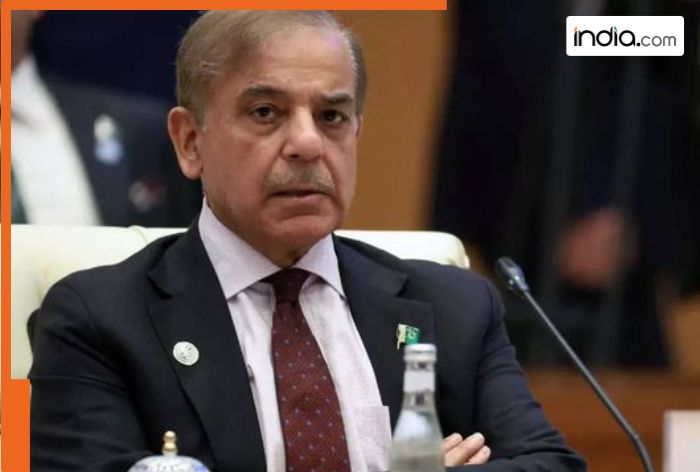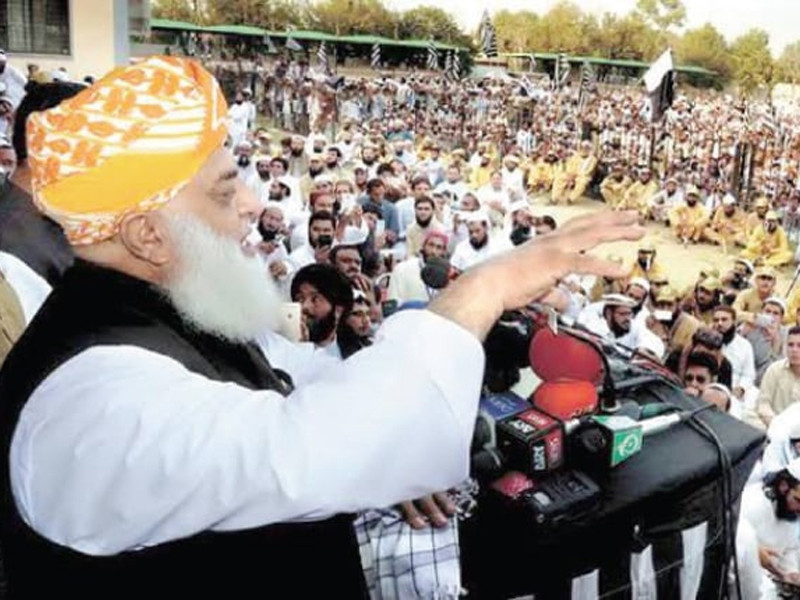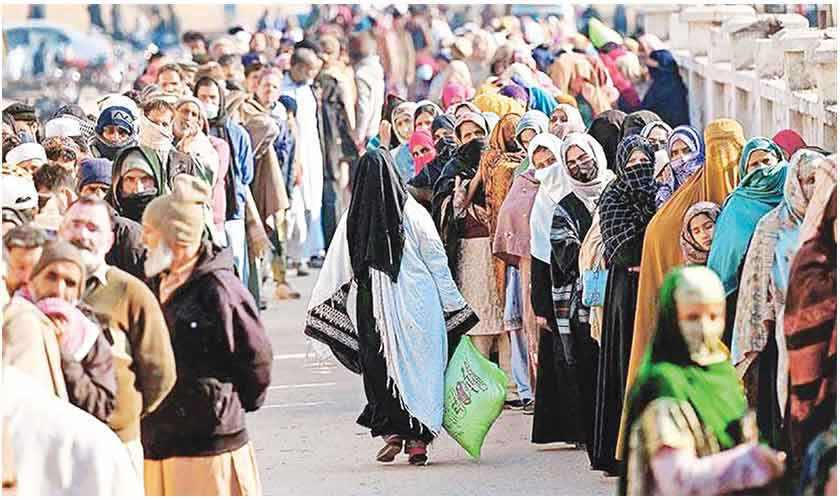





Recent protests by the Hunza Awami Action Committee and the All Parties Traders Association have escalated into a significant disruption for Pakistan's economy, particularly affecting the China-Pakistan Economic Corridor (CPEC). Since January 5, 2025, demonstrators have blocked the Karakoram Highway in the Hunza district, leading to approximately 700 trucks being stranded on vital trade routes [9644b75b].
These protests are primarily a response to ongoing power outages that have plagued the region, exacerbating the already critical energy crisis in Pakistan. Negotiations between the government and the protesters have thus far failed, leaving local transportation severely disrupted and impacting trade with China [9644b75b].
In an effort to mitigate the electricity shortages, the Gilgit-Baltistan government has announced plans to lay a new power transmission line. However, the region's reliance on hydropower generation is a concern, especially during the winter months when water levels are low [9644b75b].
This situation unfolds against a backdrop of broader economic challenges highlighted by Maulana Fazlur Rehman, who has criticized the government for its foreign policies and the alienation of key allies like Saudi Arabia and China. He has pointed out that Pakistan's economic reserves are alarmingly low, standing at just $10 billion compared to India's $500 billion [fd98bef6].
Dr. Jeffrey Sachs also emphasized the need for a national investment plan to address the negative economic growth facing Pakistan. He advocated for increased investment in essential sectors such as education and healthcare, while also calling for effective management of national debt [62dd9ad3].
The protests in Gilgit-Baltistan further complicate the already precarious economic landscape, as highlighted by Kalim Farooqui, who noted that many entrepreneurs are seeking opportunities abroad due to the unstable political environment [175cc4d1].
Dr. Murtaza Mughal has echoed these sentiments, stating that without political reforms, economic reforms are unlikely to succeed. He criticized the current political dynamics, which he described as a money game dominated by a few wealthy families [fe153c18].
The historical issues of internal security and external threats, as discussed by Sirajuddin Aziz, continue to plague Pakistan's economy, necessitating a unified economic framework to stabilize the situation [9c086590].
As the protests continue and the economic crisis deepens, the urgent need for effective governance and comprehensive reforms becomes increasingly clear. The interconnected challenges facing Pakistan's economy, including political instability and energy shortages, must be addressed to foster stability and development [9644b75b].